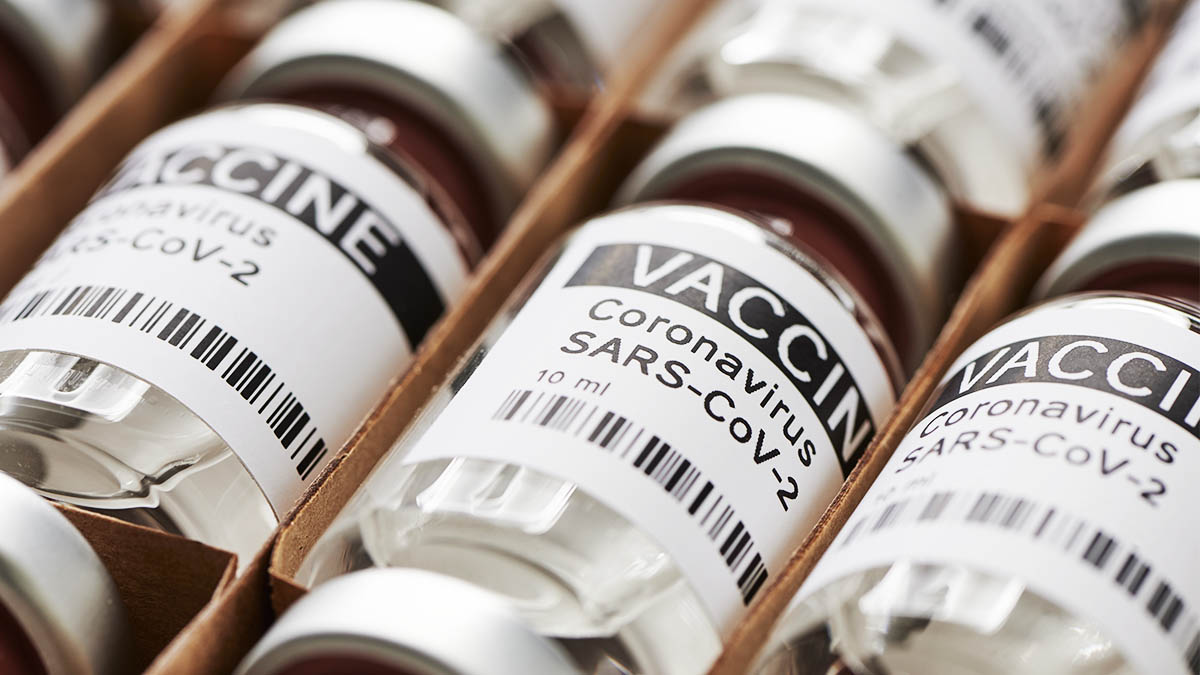
Article
October 22, 2020
COVID vaccine distribution: more fertile ground for corruption

By Natalie Rhodes, Transparency International Health Initiative Policy Officer
Recent reports of an experimental COVID-19 vaccine being distributed in Yiwu, China provide an insight into the lengths that people are willing to go to in order to be vaccinated against the disease. Reports of people having flown for two hours across the country to be vaccinated suggest that demand is high with the perception that being inoculated will not only protect them but make international travel easier, and lessen the risk of catching COVID-19 doing business overseas.
The clear unmet demand for a vaccine, and willingness to pay for ‘immunity’, is cause for concern. Not only does it raise questions about equity in terms of who can pay, but it also opens the door to corruption in the unprecedented rush to create and deliver a vaccine.
Little is known about the efficacy – or safety – of this particular vaccine, which has been granted emergency use exemption, and remains in clinical trials. Lack of transparency in vaccine development has been shown to hamper public trust. Recently published work shows there is far from universal willingness to accept a vaccine. If the vaccine is ineffective, or has negative side effects, public confidence may be harmed, leading to low uptake, and ultimately the world failing to tackle COVID-19.
On the flip side, the desperation of the Chinese interviewees queuing for a vaccine still undergoing testing highlights what is clearly fertile ground for the corrupt. In our Ignored Pandemic report, we outlined the ways in which corruption affects health service delivery. These include informal payments or bribes, theft and embezzlement, favouritism and manipulation of data. All undermine access to healthcare services.
Then there is the question of how corruption affects equal access to health services. Corruption, COVID-19 and inequality make a deadly combination. Corruption is an insidious, obstacle to the most disadvantaged population groups preventing them from accessing the healthcare they urgently. need.
We have welcomed and been emboldened by the recognition of the deadly role of health corruption in the current pandemic by the UN Secretary General and the United Nations Development Programme (UNDP). But it is not enough. We need urgent action from global leaders and governments to address the risks and impact of corruption on equitable access to health services.
We must ensure that a safe and effective vaccine which has been fairly procured is delivered to those it is destined for. To achieve that we need to push for maximum transparency in clinical data, purchasing agreements and equitable national delivery plans. Only with this transparency can we have accountability and build the public trust necessary to deliver a vaccine effectively to all those in need.